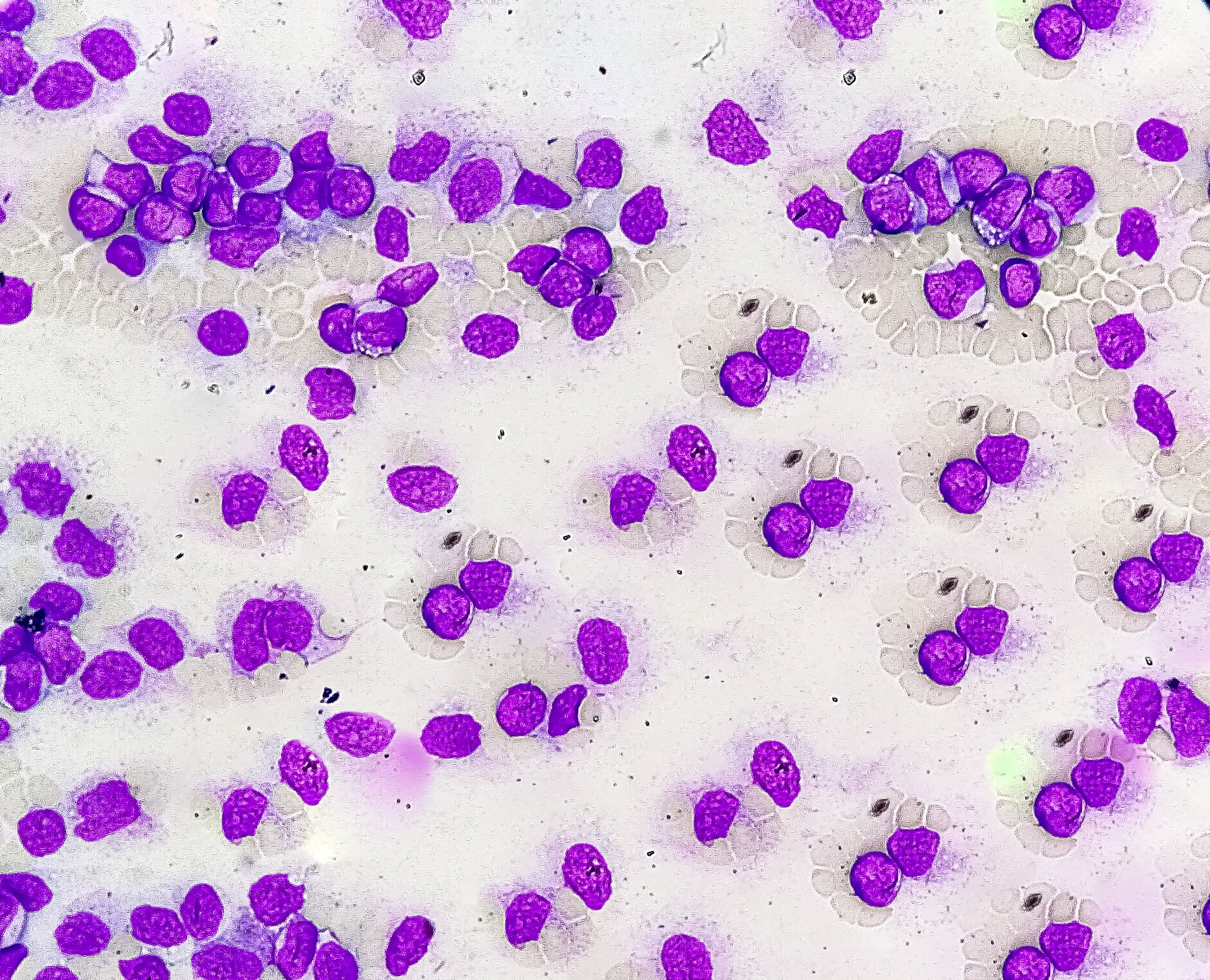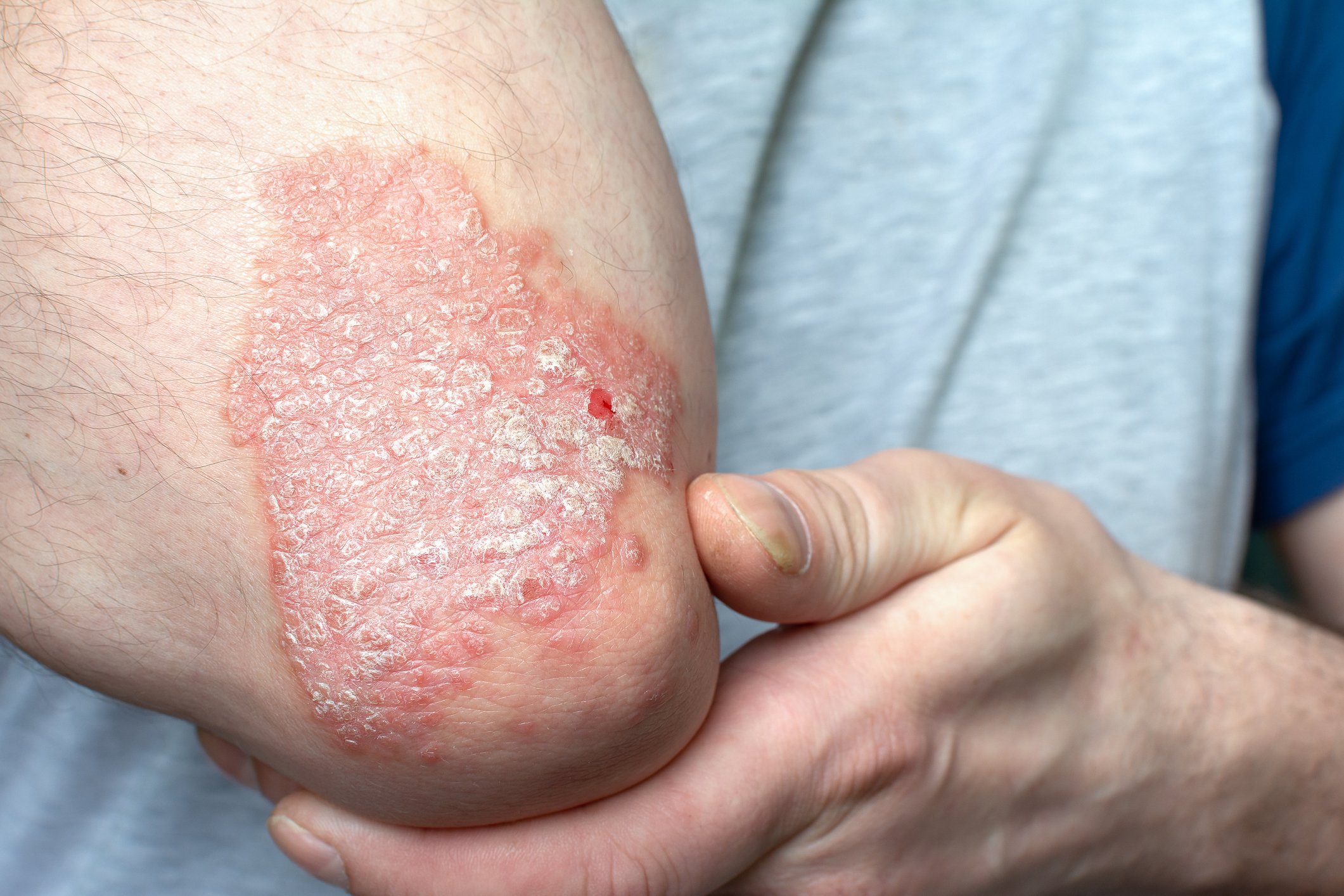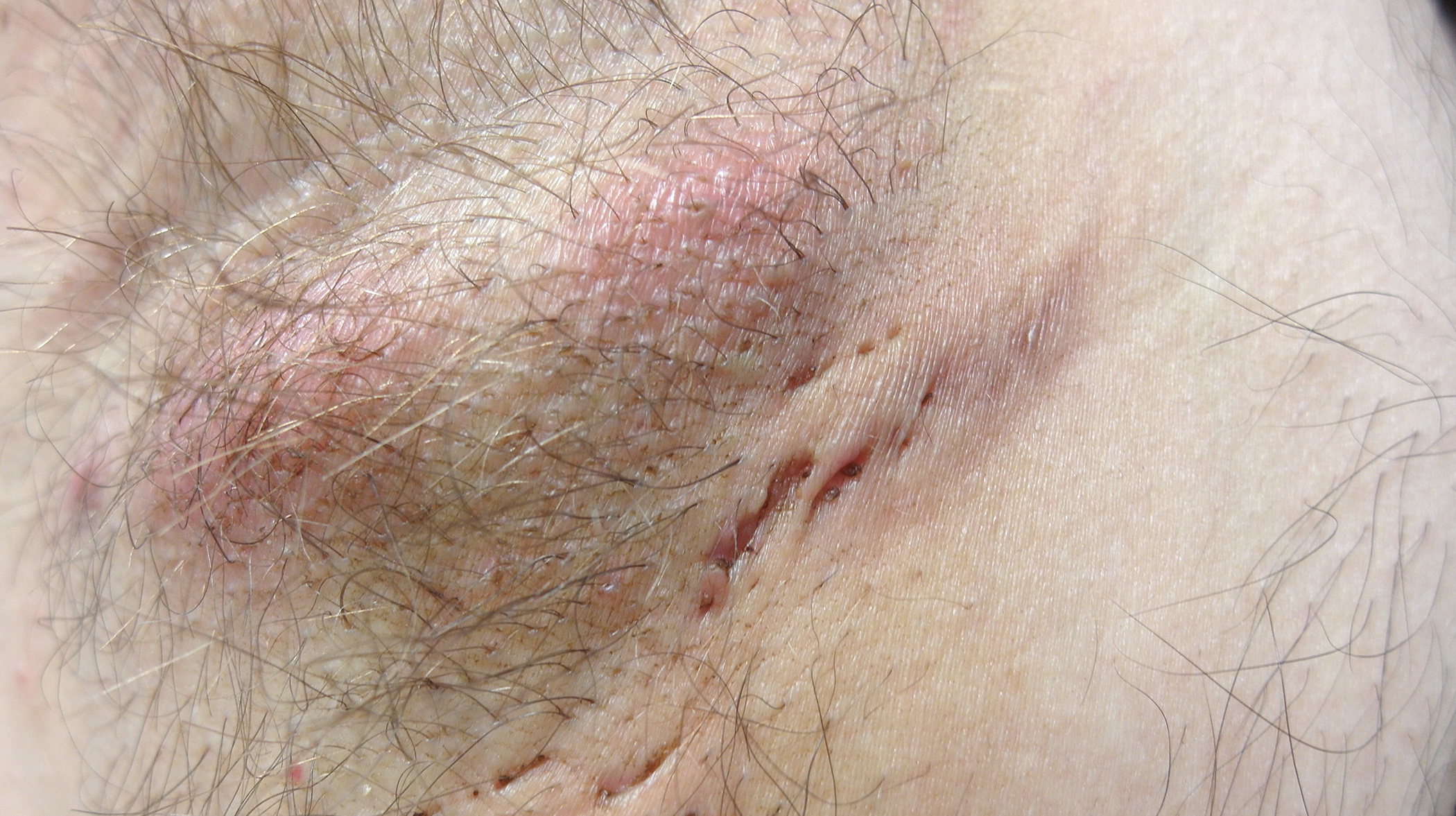Dr. Mey, how does the CLL11 study differ from other studies on chronic lymphocytic leukemia (e.g., with regard to the study population)?
Dr. Mey:
The CLL11 trial was designed for patients who had relevant comorbidities – defined by a CIRS score >6 – or impaired renal function in addition to their CLL. It thus formed the counterpart to the CLL-10 study, which included only patients with a maximum CIRS score of 6 points and normal renal function. Since CLL, with a median age of onset of approximately 70 years, is typically a disease of the elderly and correspondingly many CLL patients have clinically relevant concomitant diseases, the patient population studied in the CLL11 study reflects a representative proportion of CLL patients in everyday clinical practice in hematological oncology.
Which results of the CLL11 study do you personally consider to be the most relevant?
Already the previously published results of the stage 1 analysis of the CLL11 trial, which showed a clear advantage for the combination therapy of chlorambucil plus antibody (rituximab or obinutuzumab) over chlorambucil alone, were of great clinical importance. The current head-to-head analysis now shows that the combination of Clb with obinutuzumab is characterized by a statistically significant and clinically relevant prolongation of PFS and an improvement in complete remission rates (20.7% versus 7.0%) compared with the combination of RClb. Of particular interest, the combination of the newer antibody obinutuzumab and Clb was much more likely to achieve MRD (minimal residual disease) negativity (19.5% versus 2.6% in bone marrow and 37.7% versus 3.3% in peripheral blood, respectively) compared with RClb, which in turn was associated with a more favorable long-term outcome.
What concrete value could the results have for clinical practice in Switzerland in the longer term, or for which patients could obinutuzumab be considered as a supplement to chlorambucil (GClb) in the future in your opinion?
Due to the superiority of the antibody obinutuzumab compared to rituximab in combination with Clb in terms of remission quality and progression-free survival, I expect that obinutuzumab will gain an important place in the treatment of CLL patients in clinical practice in the future. Against the background of the data presented, the use of this combination naturally suggests itself initially precisely in the patient population and in the combination as investigated in the CLL11 trial. A Phase IIIB study is currently underway worldwide – with the participation of several Swiss centers, including the Cantonal Hospital Graubünden – which is prospectively investigating the administration of obinutuzumab also in combination with other established chemotherapy regimens in both the first-line and relapse situation.
How do you assess the safety profile of the two compared combinations (obinutuzumab plus chlorambucil/rituximab plus chlorambucil)?
Strikingly, the use of the newer antibody obinutuzumab compared with rituximab is characterized by a significantly higher incidence of infusion-related reactions. More severe infusion-related reactions (≥Grade 3 or 4) were documented in 20% versus 4% of patients, with all of these more severe reactions occurring only with the first administration. It is important to say that no deaths occurred in the process. Also, hematologic toxicity is more pronounced with GClb combination therapy compared with RClb (≥grade 3 and 4 neutropenia in 33% versus 28% and ≥grade 3 and 4 thrombocytopenia in 10% versus 3%). However, the higher incidence of higher-grade neutropenia did not translate into more frequent severe infections (12% versus 14%). Therefore, patients treated with GClb should have their blood counts monitored closely, especially during the first few cycles of therapy.
Interview: Andreas Grossmann
InFo Oncology & Hematology 2014; 2(2): 33.











